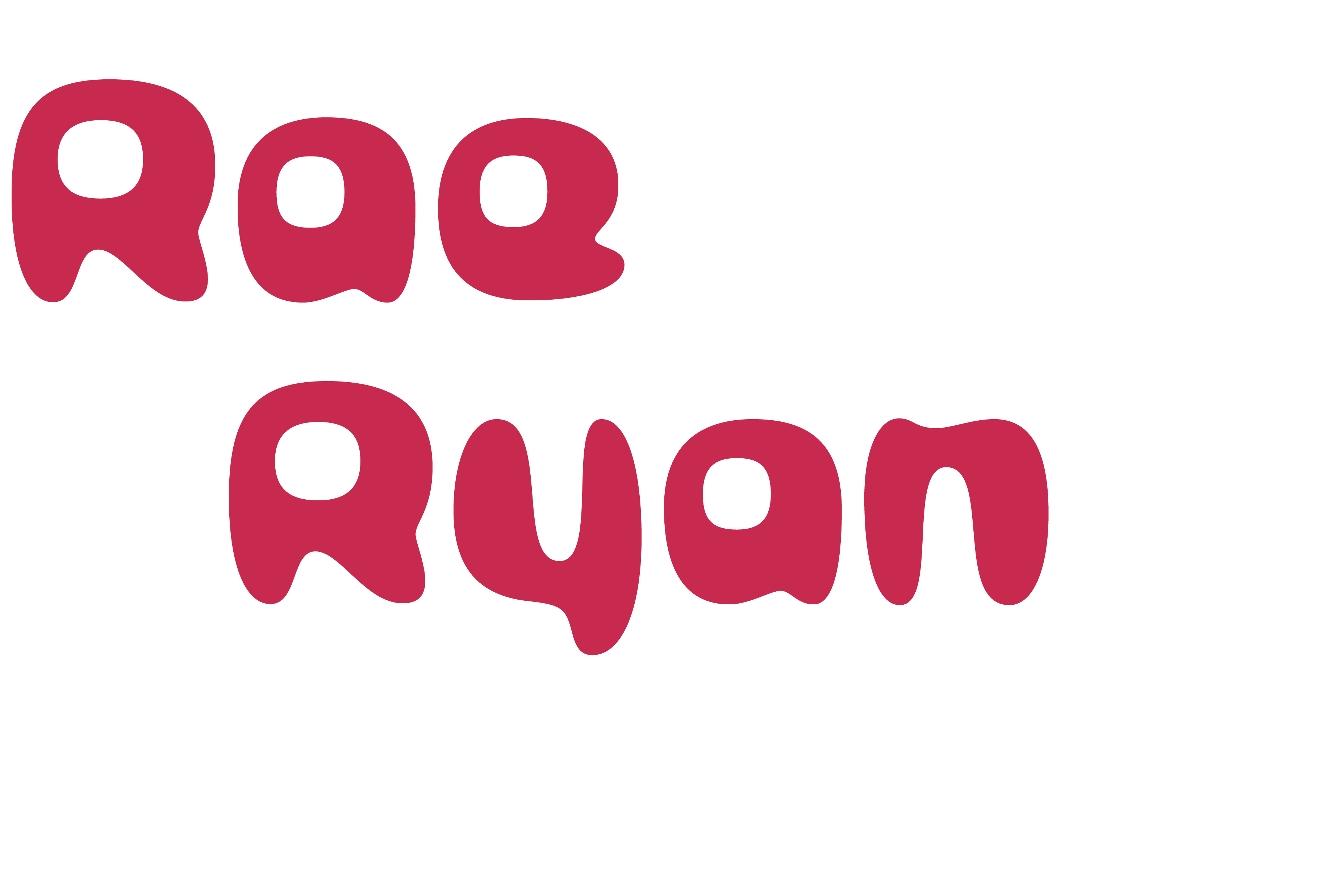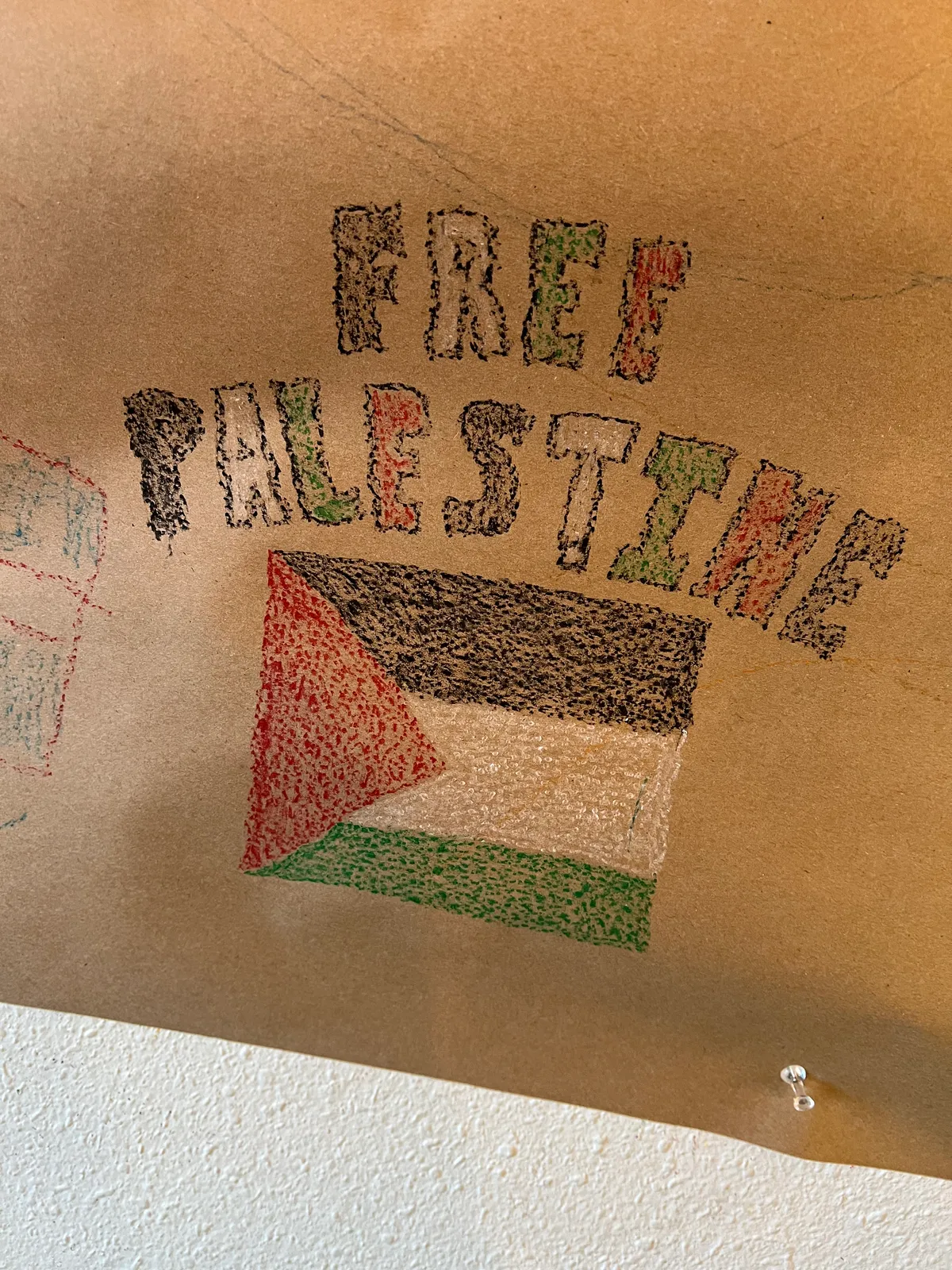Content warnings: rape of a child, murder of a child, war, sexual assault of a child
This review contains spoilers.
I read Minor Detail by Adania Shibli, and it’s been a long time since I’ve read something I want to pull apart word by word. It took her twelve years to write the novella, and it shows. Every word has its own place and you know she deliberately put it there. Before I gush all over the page, here’s a little breakdown of the story.
The novella is cut in half. The first half is a fictional retelling of a true event. In 1949, a year after the first Nakba, an Israeli Platoon in Southern Palestine patrolling the Negev Desert killed Bedouin Palestinians and take a girl captive. They then take turns raping the girl before killing her. The term gang rape gets thrown around, and I hate it for reasons I’m not able to articulate. I just do. I’m going to link the Guardians article on that specific event, it’s brutal and harder to read than the novella’s retelling.
The second half is a modern story of a Palestinian woman in the West Bank who reads this story, probably one very similar to the Guardian article, and is struck by a coincidence she calls a minor detail–the girls murder and her own birthday share the same date, though not the same year. It imprints on her mind, and she’s compelled to investigate, crossing boundaries both mental and dangerously physical.
The first story is told from the commander’s perspective in third person. Her use of this perspective is unique in its execution. As writers, we’re often striving for what’s called third-person close. We want to get so close to the character it’s indistinguishable from first person except in the pronoun use. Instead, Shibli zooms out. We don’t know how the commander feels, what exactly he’s thinking, or what he’s planning, we only see what he’s doing, and only twice do we get anything resembling dialogue. This should feel alienating, but it’s not because Shibli uses description to tell us what’s going on with the commander.
Early on, he’s bitten by something, possibly a spider, in the dark. We assume it’s a spider because later on he crushes a hiding spider, but by that point he’s suffering from psychoses either from the venom or infection, so it’s possible the spider was never there. He’s haunted by dogs barking and maybe the sound of camels, and these themes recur through the text. She uses light and darkness to signal his fear and need for control, which turns to anger and destruction. He is chasing an idea that’s manifested in the Palestinians he kills and the girl he takes. He exercises his control over her, and when she fights back he makes that control complete by killing her.
In the second story, the nameless woman is struck by the minor detail of their shared anniversary, and it lodges itself in her mind until she has to investigate. She, too, has an idea stuck in her psyche that needs to be rooted out. In truth, there is little more information needed, and yet she’s compelled to swim through all the difficulties of securing a car, border checks, overnight housing, unclear maps, and mislabeled towns, to discover something. She’s searching for a feeling, some kind of satisfying answer as to why she feels a connection to this dead child, when she already has the answer, it’s just not one she likes; she lacks the control over her only life that she needs more than air.
The camels come back around at the end, when we get a taste of the supernatural. The woman is trying to find the spot where they killed the girl, instead she picks up an old woman on the side of the road who would be the same age as the dead child had she lived and drops her off in the middle of no-where next to a hard to see trail. She follows her, crossing one last boundary into an off-limits military zone, where she sees a herd of camels, who canter off. As she returns to her car, Israeli soldiers shoot her when she reaches into her pocket to retrieve the chewing gum she bought off a young girl at the beginning of her story.
Shibli was given the 2023 LiBeraturpreis award for this work, but they canceled the award ceremony, scheduled to take place on October 20th at the Frankfurt Book Fair, after the Hamas attack and complaints from pro-Israel voices. According to an article by The Conversation, Litprom cited an article from Die Tageszeitung that said: “After the mass murders of the Hamas terrorists, the awarding of the prize would be almost unbearable.”
What Shibli has to do with Hamas, no one seems to know.
In the same article, the writer asserts: “in this short novel, all Israelis are anonymous rapists and killers, while the Palestinians are victims of poisoned or trigger-happy occupiers.”
To that, I point to what the commander said in real life when he was questioned about the girl’s murder: “‘They killed her,’ replied Moshe. ‘It was a shame to waste the petrol.’” and “I took the Arab female captive. On the first night the soldiers abused her and the next day I saw fit to remove her from the world.”
And everyone in the text is nameless, the commander, the girl, and the woman. It’s also patently false. The woman interacts with Israelis, including settlers, and they are not cartoonish or trigger-happy. It’s another example of labeling any critique or accurate description of what life is like in occupied Palestine as anti-Semitic.
I would highly recommend Minor Detail to study as a writer and as a human. It pulls together many facets of living under occupation and feeds them to you unceremoniously, effortlessly, and the writing is beautiful despite the horrors.
/rae/



